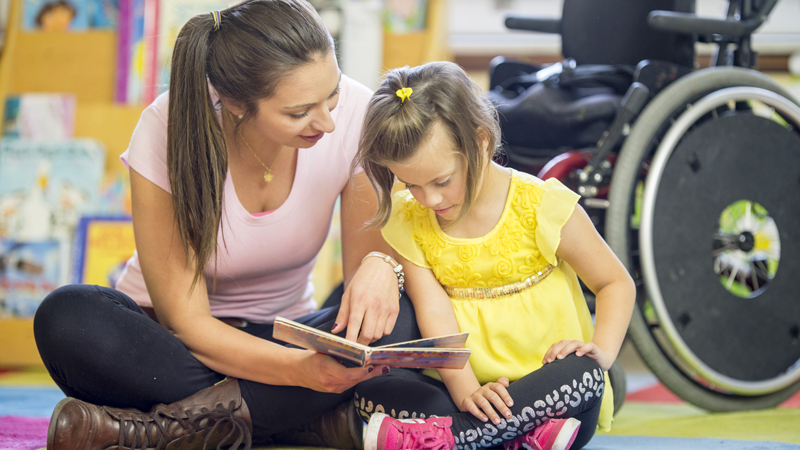Pediatric Neurorehabilitation

Pediatric Neurorehabilitation: Enhancing Motor, Cognitive & Social Skills
Introduction
Pediatric neurorehabilitation plays a pivotal role in improving the lives of children with neurological disorders. These conditions can impact a child's motor, cognitive, and social skills, but with the right approach, progress is possible. In this article, we'll delve into the world of pediatric neurorehabilitation, its importance, methods, and the positive impact it can have on a child's overall development.
Understanding Pediatric Neurorehabilitation
Pediatric neurorehabilitation is a specialized field that focuses on optimizing the functional abilities of children with neurological challenges. Whether it's cerebral palsy, traumatic brain injury, or genetic disorders affecting the nervous system, neurorehabilitation aims to enhance motor control, cognitive function, and social interaction. This multidisciplinary approach involves pediatric neurologists, physical therapists, occupational therapists, speech-language pathologists, and psychologists working collaboratively to create tailored treatment plans.
Key Components of Pediatric Neurorehabilitation
- Motor Skill Enhancement Neurorehabilitation employs various techniques to improve a child's motor skills. Physical therapy helps children develop strength, coordination, and balance, while occupational therapy focuses on fine motor skills required for daily activities. Adaptive equipment and assistive devices may also be recommended to facilitate movement and independence.
- Cognitive Rehabilitation Children with neurological disorders may experience cognitive challenges. Cognitive rehabilitation involves exercises that target memory, attention, problem-solving, and language skills. By stimulating neural pathways, these interventions help children regain or enhance cognitive function.
- Speech and Language Therapy Communication difficulties are common in many neurological conditions. Speech-language pathologists work with children to improve speech articulation, language comprehension, and communication strategies. Augmentative and alternative communication methods may be explored for non-verbal children.
- Social Skills Development Children with neurological disorders often face social interaction challenges. Social skills training helps them understand social cues, express emotions, and engage with peers effectively. This fosters greater self-confidence and a sense of belonging.
Benefits of Pediatric Neurorehabilitation
- Enhanced Quality of Life Neurorehabilitation equips children with the skills needed to navigate daily life more independently, boosting their self-esteem and overall quality of life.
- Maximized Potential Early intervention through neurorehabilitation can have a profound impact on a child's development, allowing them to reach their full potential despite their neurological challenges.
- Holistic Approach The multidisciplinary nature of neurorehabilitation ensures that all aspects of a child's well-being are addressed, from physical abilities to emotional resilience.
- Family Involvement Parents and caregivers play a crucial role in the success of neurorehabilitation. Therapists work closely with families, providing guidance and strategies for continued progress at home.
Conclusion
Pediatric neurorehabilitation offers hope to children and families facing neurological challenges. Through a comprehensive approach encompassing motor, cognitive, and social skill development, children can make significant strides in their abilities. With the expertise of pediatric neurologists and a dedicated team of therapists, children can look forward to a brighter future where their potential knows no bounds. If your child is dealing with a neurological disorder, consider exploring the benefits of neurorehabilitation – a journey toward improved quality of life and increased independence.